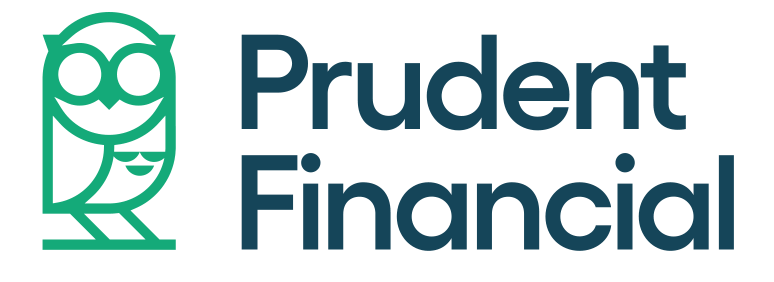
 We’re less than three weeks into 2018, but already we’ve got some big news: the Bank of Canada (BOC) interest rate has increased again.
We’re less than three weeks into 2018, but already we’ve got some big news: the Bank of Canada (BOC) interest rate has increased again.
On January 17, 2018, the BOC interest rate rose to 1.25%. This is the highest it’s been in nine years, according to the Huffington Post. The BOC interest rate affects all manners of debt — mortgages, student loans, home equity lines of credit, and more.
At the same time as the BOC interest rate has increased, The Globe and Mail reports that Canadian household debt is the highest it’s ever been. Many Canadians are relying on credit to spend more than they earn — and with the BOC interest rate increase people are getting worried about how they’ll pay it back.
Whether you’re drowning in debt, or just want to find out how to handle this latest increase before more come (the Bank of Canada says there are likely more increases on the horizon for 2018) here are some steps you can take.
- Look at your mortgage
Do you have a variable-rate mortgage or a fixed-rate mortgage? If it’s fixed, the BOC interest rate increase won’t make much of a difference to your mortgage payments. If you have a variable-rate mortgage, however, now may be the time to switch to a fixed-rate. Variable-rate mortgages fluctuate with the interest rate, which worked well when the BOC interest rate was 0.5%. But now that it’s 1.25% and expected to rise again, it may not be working so well for your situation. Fixed-rate mortgages, on the other hand, have flat, monthly payments that stay the same regardless of the interest rate. If you’re stressing about future increases, a fixed-rate mortgage could lessen your anxiety.
- Reduce credit card debt
Out of all forms of debt, credit card debt can come with some of the highest interest rates. Squawkfox reports the average Canadian credit card balance sits at $4,094 and non-mortgage debt hangs around $23,000. Even if you’re making the minimum payments every month, it likely won’t be enough to pay down the debt in a timely fashion, especially if you’re making more purchases on your credit cards.
- Take stock of other loans
What other debt are you carrying? Home equity lines of credit, student loans, car loans, and business loans will all be affected by the interest rate increase. While the BOC interest rate increase may not make much of a difference to one of those loans, when you add up all of your debt, you could be paying a significant amount more. Are you in a position to handle the increase? What about future increases? The only way to know that answer is to know your situation.
- Make a debt repayment plan
Once you know where you stand with your debt, you can make a plan to move forward. Where are you carrying most of your debt? Has it become, or could it become, unmanageable? Stop yourself from drowning in debt my making a debt repayment plan. You don’t have to go it alone. Many financial consultants offer free consultations and can help you explore your options or make a plan to pay back debt.
If you’re finding yourself in financial trouble after the latest BOC interest rate increase, Prudent Financial Services can help. We offer debt consolidation loans with fixed interest rates that won’t fluctuate, even to those with bad credit.
Visit us at www.prudentfinancial.ca or call 416-223-9300.
